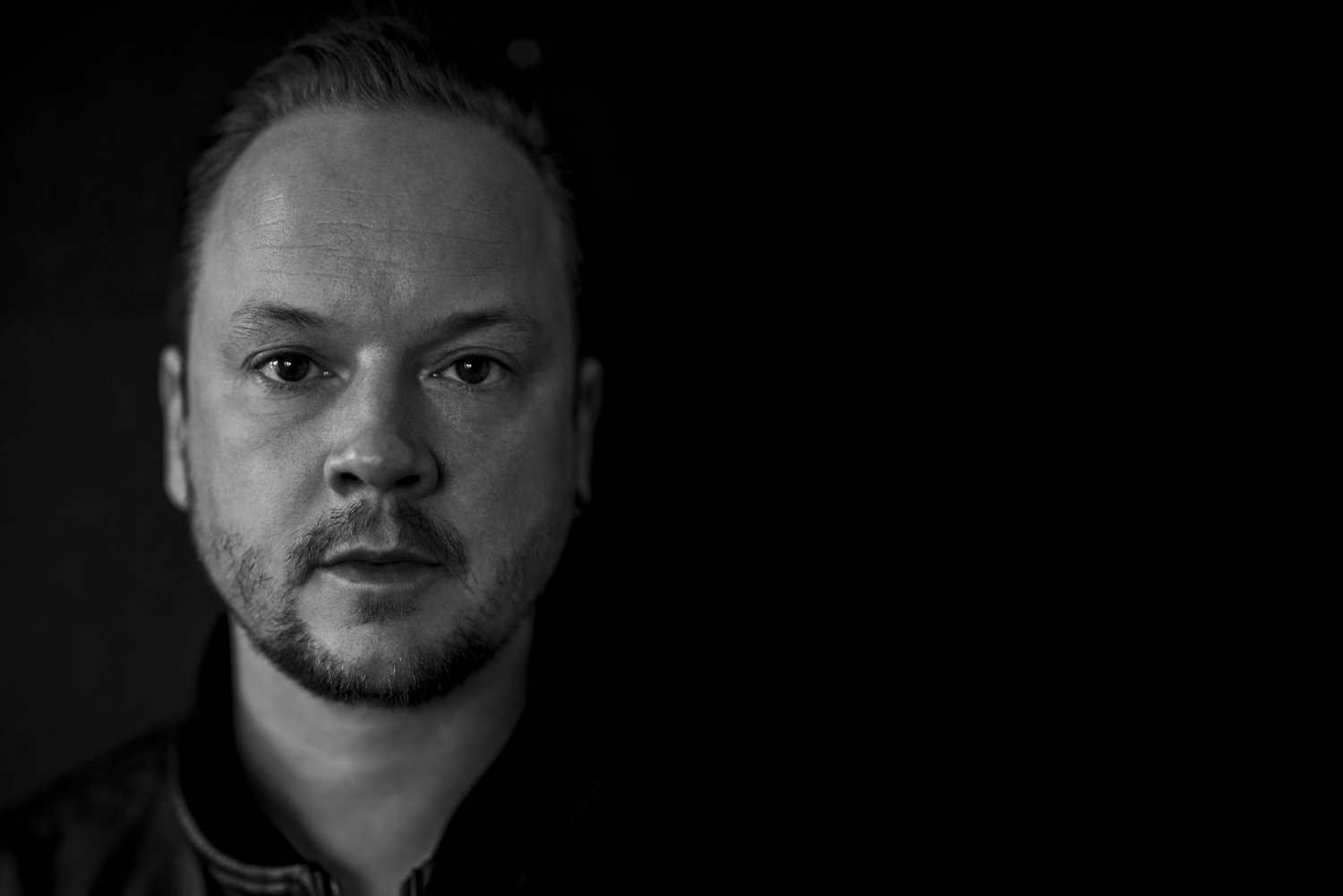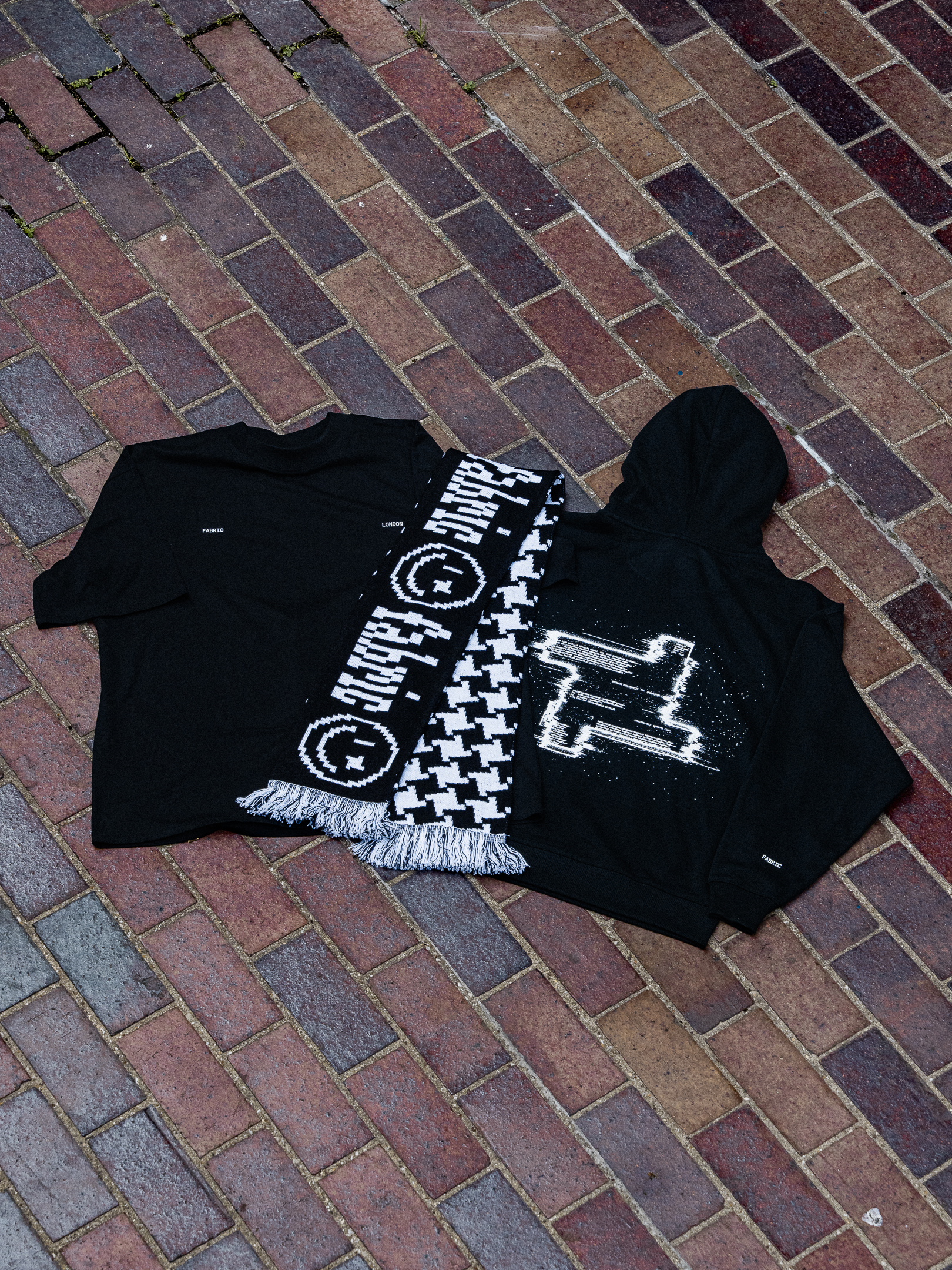News
Cornerstone Tracks: Marcel Fengler's formative Berlin discoveries
 Marcel Fengler has been one of techno’s most respected artists for the best part of a decade, and much of this stems from his Berlin upbringing. Though he grew up outside of the city over in the East, it was here that he’d first start mixing records together with his childhood friend, Marcel Dettmann.
Fengler moved to Berlin in the 90s, during a time where the fall of the wall helped make techno parties an integral part of the city’s decaying landscape. Much of Fengler’s career past this point has been tied to the city in some way, but he was influenced most during this intense period.
So it’s unsurprising then, that when we asked him to pick out some of the cornerstone tracks of his lifetime ahead of his Room Two curation this Saturday, 90s techno from the likes of Underground Resistance featured so prominently. His influences aren’t limited to dancefloor music though, he also tells us just how much the more laid back beats from the trip hop world were just as important to him.
Marcel Fengler has been one of techno’s most respected artists for the best part of a decade, and much of this stems from his Berlin upbringing. Though he grew up outside of the city over in the East, it was here that he’d first start mixing records together with his childhood friend, Marcel Dettmann.
Fengler moved to Berlin in the 90s, during a time where the fall of the wall helped make techno parties an integral part of the city’s decaying landscape. Much of Fengler’s career past this point has been tied to the city in some way, but he was influenced most during this intense period.
So it’s unsurprising then, that when we asked him to pick out some of the cornerstone tracks of his lifetime ahead of his Room Two curation this Saturday, 90s techno from the likes of Underground Resistance featured so prominently. His influences aren’t limited to dancefloor music though, he also tells us just how much the more laid back beats from the trip hop world were just as important to him.
The Warning – Suburban Night [Underground Resistance]
Marcel Fengler: Needless to say how big an impact UR made – and still do make – for a whole generation of producers and techno lovers. I was one of these. My choice to include is The Warning, from their By Night EP from 1996. Dominated by a melody of frayed piano chords and a clap loop, it’s gorgeously dark, mysterious and powerful at the same time. I lost my mind when I first heard this track, and it’s still standing tall after all these years. How important was Detroit techno in Berlin after the wall fell? Did it feel like there were two styles from each city or was there less of a distinction? I´m actually unsure if there was any sort of sensitivity for this kind of music before the wall fell. After the fall, people wanted to enjoy the freedom they’d fought for. This included new musical dynamics such as Detroit techno. The dilapidated infrastructure and empty industrial sites in East Berlin supplied the perfect conditions for this. There were, of course, a lot of other styles of electronic music in Berlin at the time. Unlike the current club culture, there was no mainstream. Each scene threw parties at their own special venues. But ultimately, nothing had a bigger impact on the city’s music scene and prospering club culture than Detroit techno. It was simply the right music in the right place.Party – The Egyptian Lover [Egyptian Empire]
The Egyptian Lover was a part of my childhood. Before the wall came down there was a big wave of hip-hop at the old GDR. In that period, the movie Beat Street and the first German hip-hop crew called Electric Beat Crew both came up. I also discovered The Egyptian Lover at the same time, and tracks like Egypt, Egypt were getting my attention. After a long break of almost ten years he reappeared and I was curious to hear it. I loved this return – Party is such a big tune and my absolute favourite of his. It’s rare for someone to have appeal to several audiences like he does – for a lot of hip-hop heads he was a staple, but then there are many techno lovers who followed him too. How much hip-hop did you collect before you were mixing techno records? That’s true – it’s the same thing with Afrika Bambaataa. The first bunch of hip-hop records I bought in 1993 included him, Herbie Hancock, Digital Planets and Big Daddy Cane. I bought a lot of hip-hop throughout the 90s, including crews like A Tribe Called Quest and, most importantly, Gang Starr. Their album Moment of Truth was a milestone in my opinion, and I’m still a big fan of DJ Premier. Most of my collection comes from 1994 to 1997 – this is the period many fans would call the ‘Golden 90s’. I played most of them on small private parties with friends or whilst driving. From 2000 onwards I slowed it down and just bought stuff spontaneously. Even today it still gets my attention, but it’s incomparable to my early years of collecting.Bellows – Morganistic [Input Neuron Musique]
Of all Luke Slater’s aliases, Morganistic is one of those I keep close to my heart. Bellows is the first track on the only album he released under this alias, and it blew me away. It’s a pounding, acidy anthem that doesn’t stop to build its peak time layers. I still play this tune quite often in my sets and it’s always great to see how catchy it can be on the floor every time. The fact that so many people still ask me about it shows me it hasn’t aged one second. Whichever guise he’s using, he has a body of work that’s like a catalogue of techno’s most essential records. Are there any producers with whom you’ve collected almost everything they’ve put out? Before anything else a release has to touch me while I’m listening to it – I never buy anything just because of the artist or label name. I do this very strictly but I certainly have a few favourites. As well as Robert Hood, Jeff Mills and Surgeon, Luke is one of those producers I’ve bought a lot from since the 90s. Their tracks always feature in my sets, and I still love to play them.Changeling – Tan-Ru [Trelik]
The first time I heard this record was on a weekly German TV show called Housefrau, presented by Sabine Christ and Mate Galic back in 1995. Although I fell in love with a lot of acid techno at the time, this tune sounded so incredibly fresh and uncommon to me. It still works perfectly at a cozy summer party as well as in the heat of a club. When the 4/4 kick drops in after around 90 seconds, people go crazy every time. Simply Trelik legacy. A TV show isn’t necessarily the first place you would imagine hearing Trelik. What was the format of this show? Well, at the time Housefrau was pretty famous. The German station VIVA broadcasted the show for the first time in 1994, and its name would eventually change to House TV. It gave recommendations on events, showed music videos, and usually featured DJ Mate Galic or Sabine Christ playing a bunch of new releases at the end of the show. They occasionally had pretty cool guests taking care of the record feature. I remember Paul Johnson took over the decks once, and also the first time I saw someone beatmatching using only the key knob, without touching the turntable. That was always the part of the show I enjoyed most. So at some point I found Changeling. With all this in mind, maybe it’s not so unusual.Skin Against Skin – DJ Krush [Mo Wax]
From the 2000s onwards I listened to a lot of trip-hop stuff as well. I was into acts like Herbalizer, DJ Shadow and DJ Cam. One trip hop artist I’ve really been into since the 90s, though, is DJ Krush. Skin Against Skin was released on his album Milight. I adore Deborah Anderson’s voice on there. Sometimes when I’m driving and the Berlin traffic is killing me I put this DJ Krush tune on and turn up the volume – all the hectic drama from outside fades away. It seems like a lot of these formative records weren’t always techno. How much of this stuff do you play behind the decks, and do you think it’s important to vary across styles? I listen to quite a wide range of music. These formative picks aren’t necessarily techno or music I play in my sets. But they certainly had a big impact on my musical taste. I do like varying sets to combine different genres – if it’s too static I can get bored. But this is just personal taste. Sometimes I surprise myself – you can have a track for such a long time but never think to mix it in a certain way. When you do try something different you can just think ‘Wow! Why have I never tried this before?’ You can’t wait to play to an audience to show them. I love these moments.Tags
No items found.


.jpg)

